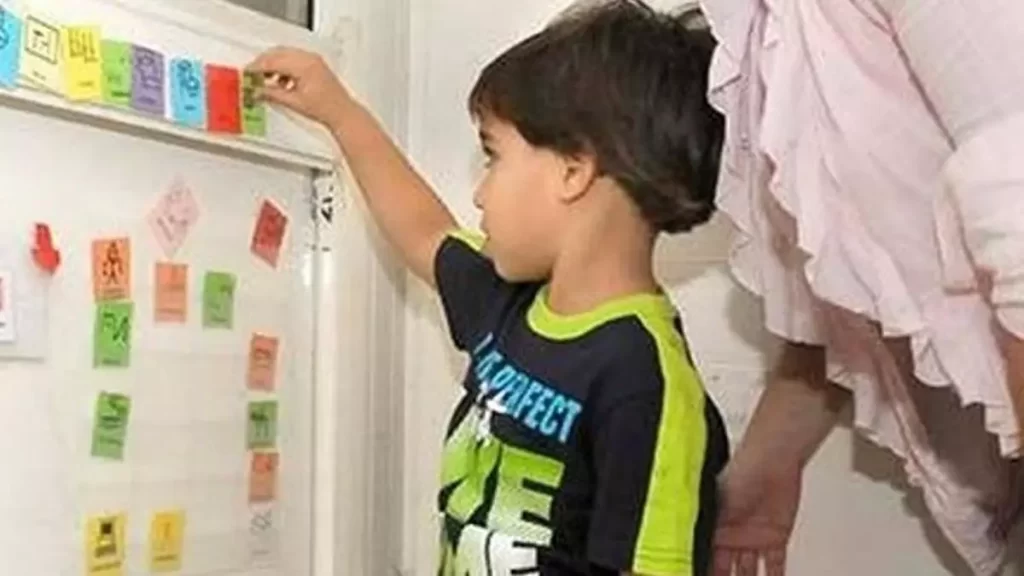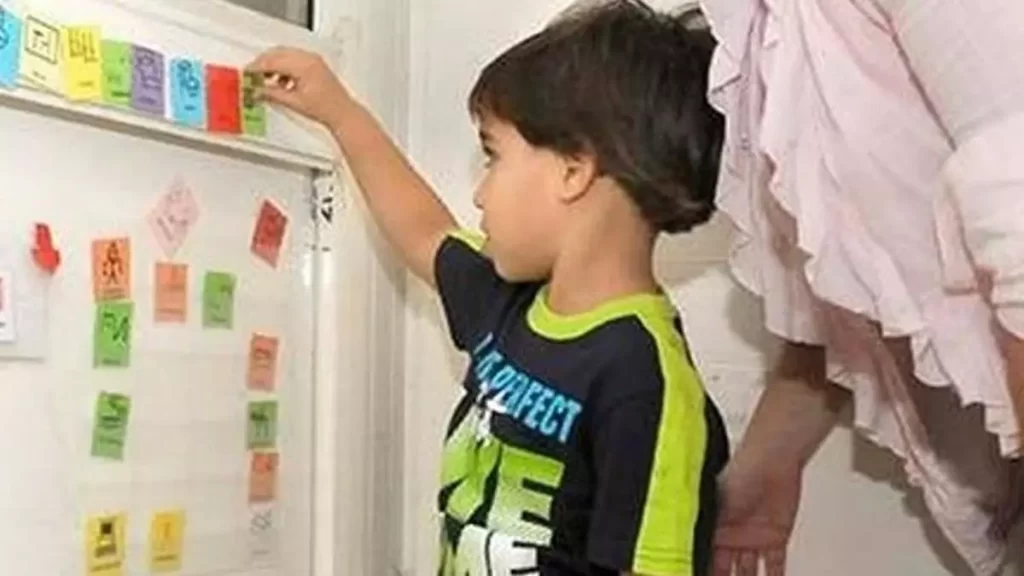
14ymedio, Miguel García, Holguín, 27 June 2024 — During Pedrín’s most recent visit to the dentist, three people were needed to hold him down, in addition to the stomatologist. With an autism spectrum disorder (ASD), any medical treatment that the 15-year-old teenager, who lives in the city of Holguín, needs becomes an ordeal for his parents due to the lack of protocols and resources for these cases in Cuban hospitals.
“We spent days waiting to get an appointment with the only dentist in the entire province who treats children with autism and other neurodevelopmental disorders,” Gabriel, age 44 and the father of the child, told 14ymedio. “The consulting room is in a very narrow space in the Pediatric Hospital and from the moment my son entered he became very upset, because he doesn’t like closed spaces,” he explains.
“I almost had to lie down on top of my child to immobilize him. My wife held his arms and my brother-in-law held his legs. There was no mechanism in place to keep him from getting up from the chair and Pedrín is strong because he weighs about 130 pounds.” Gabriel laments that “the place does not seem at all prepared to treat this type of case. More space and better conditions are needed.”
“There are practically no clinics in any speciality that are prepared to care for autistic children in this area”
“There is no amalgam for fillings in Holguín, so they had to put in a resin that is not very long-lasting.” The ephemeral nature of the material forces the family to go through the same ordeal again or accept the doctor’s advice: “Next time we’ll take him up to the room and give him general anesthesia,” a difficult decision for his parents to make, who fear that the sedative will aggravate the teenager’s health problems.
“There are practically no clinics in any speciality that are prepared to care for autistic children in this area when they have a health problem. I have to go and speak to the doctors beforehand and explain to them that he cannot be in a cramped space, that he cannot sit and wait for hours in a corridor for the doctor to call him. There is a great lack of understanding on the part of the staff at these centers.”
As Gabriel sees it, the island’s health system “is not prepared to manage the health situations that autistic children and their families face.” Most of the time, doctors “who have training in this type of patient are very scarce and in Holguín they are only in the provincial capital, so you have to travel long distances sometimes to do simple things like a dental check-up or to treat a small wound.”
Since my daughter began to show the first signs of autism, my husband and I have not been able to go on vacation anywhere
The testimony of Pedrín’s father contrasts with


